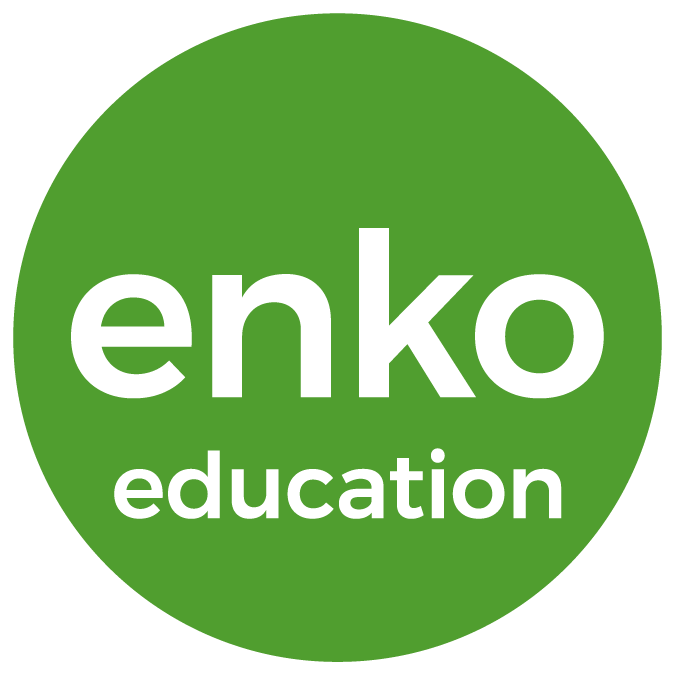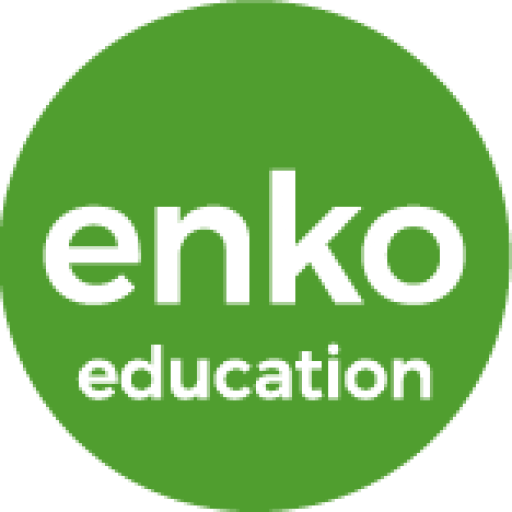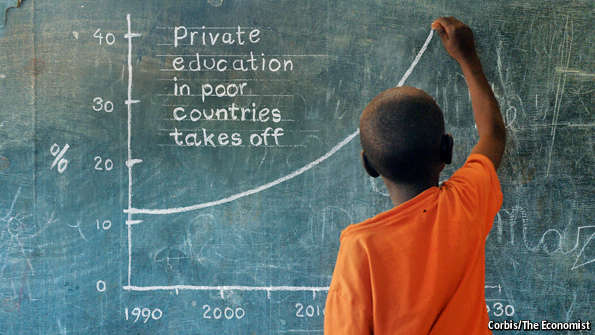Maximise your chances of success at university with online courses, the strategy of Chalkboard Education in Ghana and Ivory Coast
Interview with Adrien Bouillot
Founder of Chalkboard Education
Adrien Bouillot graduated from Sciences Po Paris in 2015, and decided to start his own business. Nearly two years ago, he launched the Chalkboard Education app, which helps students work on their courses using all the mobile devices and media available to them. He agreed to answer a few questions for the Enko Education blog.
Why did you decide to create a start-up in the education sector when you’d only just graduated from Sciences Po Paris?
I’ve always wanted to work in education. My mother worked in the education sector so you could say I was born to it! It is the basis for all societies. If we don’t have education, we are nothing. The Ghanaian education system works relatively well, compared to those in other African countries. I said to myself that this would be the perfect country to launch my project. I think it’s better to find a profitable model to improve higher education, because a profitable model is one that can be extended. The initial idea was to develop mobile solutions for e-learning in Africa. This is why, before I even graduated, I went to Ghana to carry out some market studies. I stayed on there, and created Chalkboard Education.
Why Ghana, in particular?
I had been there before to visit a friend on a university exchange programme in Accra. I found the market to be fairly promising, very dynamic, with no shortage of private capital. This is also a very favourable environment for entrepreneurs: Accra has at least ten business incubators, which cover hundreds of companies. In this ecosystem, I was able to grow my business in good conditions, ultimately making it a profitable company and at the same time having a positive social impact. After Ghana, we began to develop the business in Ivory Coast, which is also a very promising market. They are two very different countries and personally I find them both very exciting.
How does Chalkboard Education work?
It is a mobile app intended for universities. Our promise is that the student experience is the same whether they have a smartphone or an old-style telephone or whether they have an Internet connection or not: one of the biggest problems in African is the high cost of mobile data. We also make life simpler for the institutions by improving their processes and saving professors a lot of time, particularly in terms of continuous assessment, collecting copies, and interactions in class.
Our mobile app is a Progressive Web Application that works offline as well. We can use SMS messages to replace the Internet where it does not exist; this allows students to revise their lessons wherever they are: on public transport, at work, at home, etc. They can do this on their mobile phone or on their tablet. We do not provide the content: the professors are free to use the app as they wish, and our team of experts is available to support them. Some put all their lessons up on Chalkboard Education and others choose to post only extracts, series of exercises, or additional material developed especially for a specific session.
We are particularly proud of the results for language courses (up to 30% better in class averages) but we have achieved good results for all subjects covered. Until now, the app has been used for languages, history, and even mining cartography.
Why target universities rather than secondary education establishments?
This was our choice. My co-founder Miora Randriambeloma and myself are passionate about this area, and it’s a very promising market. We anticipate having a significant impact here. Plus, they are two different businesses. Our students are adults, so there is greater capacity to adapt.
Are there some types of course for which the app is more suitable?
The app works for all types of course, but it is true that we have had particularly good results for languages courses, because the app enables a very steady work rate. For example, some students arrive at university having only had one language lesson per week. Having the opportunity to work a bit every day in the language studied is a huge benefit for them.
Who pays for this service: the universities or the students?
Our service is sold to the universities on a subscription basis. We invoice the institutions at a fixed price, all-inclusive, per student and per term or half-year. The universities are then free to pass on the cost to the students by invoicing them, or absorb the cost in their existing tuition fees, or subsidise the licences purchased. Sometimes, it is international financial backers that subsidise our programmes.
How have things gone since starting up Chalkboard Education?
We launched our business two years ago. Today, we have a presence in two countries and more than one thousand students signed up on our platform. This figure is expected to more than double in the coming weeks: you could say that this is a really good start! Our strategy is to take our time: rather than rolling out the app for all students in a university at once, we start with a pilot programme covering some classes. This means that the university can test the app, see how effective it is, and get to know us better, before committing to greater volumes of students. This also gives us more time to bring professors on board internally and reassure them if needed.
What are the next steps?
We have just hired some IT development staff here in Ghana, and we are planning to release a new version of our app before September. Our strategy is to establish a position as market leader in Ghana and Ivory Coast, and then use our experience to extend into all of West Africa in the next couple of years.






